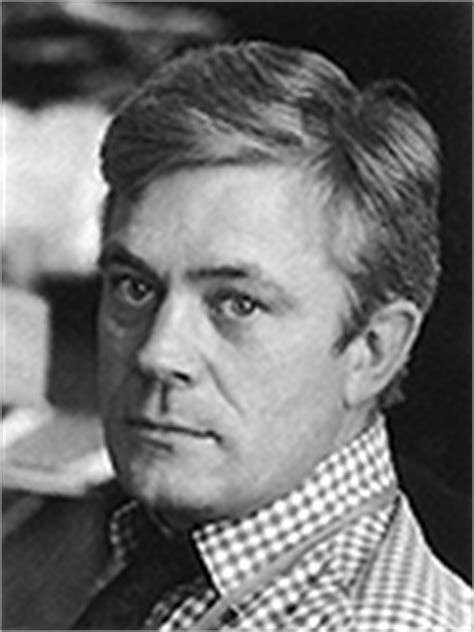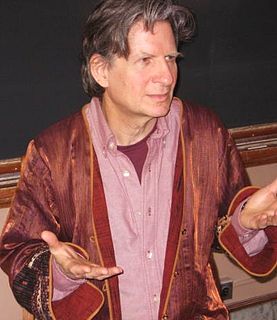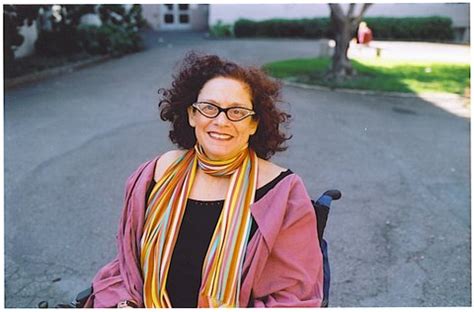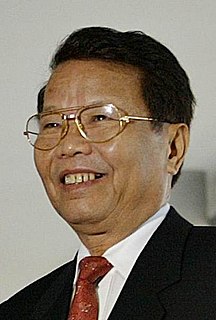A Quote by Geoffrey Wheatcroft
For educated Americans like Joseph Ellis, Vietnam is a special hang-up. I am an Englishman of exactly the Vietnam generation, a couple of years younger than Ellis; indeed, for reasons too complicated to explain here, I was nearly drafted into the US army in 1965. I know many Americans of my own age and, as much to the point, my own class - journalists, publishers, lawyers. And I don't think I know one who served in Vietnam.
Related Quotes
My film isn't about Vietnam. It is Vietnam. It's what it was really like. It was crazy. And the way we made it was very much like the way the Americans were in Vietnam. We were in the jungle, there were too many of us, we had access to too much money, too much equipment and little by little we went insane.
I think most of us secretly know – and those of us at the radical middle are inclined to say – that without such concepts as duty and honor and service, no civilization can endure. ... I suspect most Americans would respond positively to a [draft] if it gives us some choice in how to exercise that duty and service. ... Exactly the kind of choice my generation did not have during the Vietnam War.
I think that the war on drugs is domestic Vietnam. And didn't we learn from Vietnam that, at a certain point in the war, we should stop and rethink our strategy, ask ``Why are we here, what are we doing, what's succeeded, what's failed?'' And we ought to do that with the domestic Vietnam, which is the war on drugs.
I did go to Vietnam in 2000 as a kind of pilgrimage and to feel my generation was very much a part of this. I felt responsible but also connected and empathetic. It was a very complicated relationship we had, whichever side you were on. The shock of being there was very few people my own age - I was primarily in the North in the streets of Hanoi. A whole generation was essentially decimated.
Most of us who were opposed to the war, especially in the early '60's - the war we were opposed to was the war on South Vietnam which destroyed South Vietnam's rural society. The South was devastated. But now anyone who opposed this atrocity is regarded as having defended North Vietnam. And that's part of the effort to present the war as if it were a war between South Vietnam and North Vietnam with the United States helping the South. Of course it's fabrication. But it's "official truth" now.
































